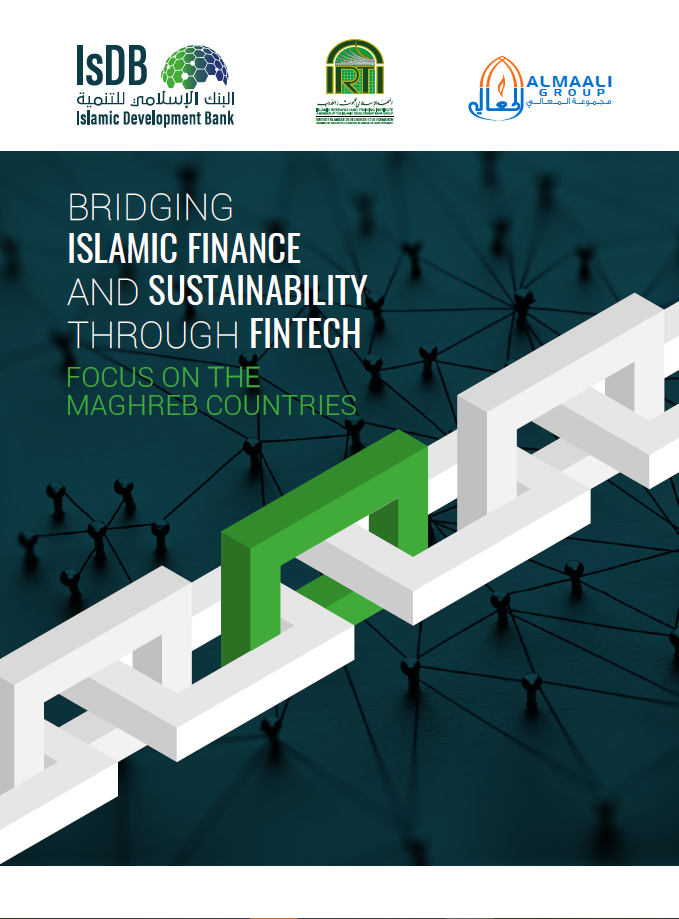Technological advances combined with big data, artificial intelligence and distributed ledger technologies are opening new avenues for Islamic finance to achieve its objectives of integrating finance with productive activities and reflecting the moral values by adhering to its principles for good and sustainable outcomes.
This is part of the key findings of a new report issued jointly by the Islamic Development Bank Institute (IsDBI), the knowledge beacon of the IsDB Group, and Al Maali Group, a leading firm specialized in providing Islamic finance and business consulting in Morocco.
Entitled “Bridging Islamic Finance and Sustainability through Fintech: Focus on The Maghreb Countries”, the new report focuses on how to leverage fintech in Islamic banking for linking finance to sustainable development.
It finds that the Covid-19 pandemic has underscored the need for sustainability and social orientation of finance to achieve development.
Linking finance to sustainable development has always been important. However, its significance has increased manifold during the Covid-19 pandemic, which has triggered GDP contraction and stymied the achievement of the SDGs. Building back in the post-Covid-19 era and keeping SDGs on track requires strong involvement of governments, the private sector, and financial institutions.
The report further sheds light on the role of participative financial institutions in closing the financing gap for SDGs in the Maghreb Region. It focuses on how to leverage fintech to align participative finance and sustainable development.
In his comments on the report, Dr. Sami Al-Suwailem, the Acting Director General of IsDBI and IsDB Group Chief Economist, said: “This report tries to strike a balance between the reality and the ideal. It elaborates on the use of technology in Islamic finance to achieve efficiency and greater impact on sustainable economic development in IsDB Member Countries.”
Dr. Wail Aaminou, CEO of Al Maali Group, meantime, stated: “The present report provides a valuable contribution to regulators, financial institutions, non-profit organizations as well as fintech companies in the Maghreb Region on how to create synergies and set up ecosystems that support doing well while doing good.”
The full report is available for download here: https://irti.org/product/bridging-islamic-finance-and-sustainability-through-fintech/

